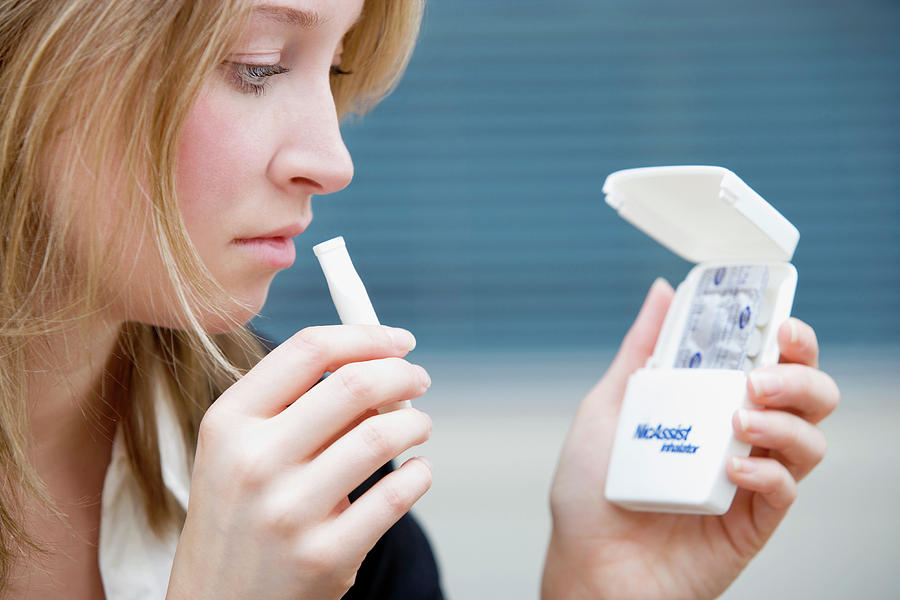


Knowing how quickly you will recover with quitting can help: As long as you understand that this is just a stage and what you’re feeling is normal, you can ride through the hard times and settle into feeling more confident without cigarettes. Some people describe giving up smoking as feeling like you’re losing a friend. Making big changes in your life can naturally lead to heightened emotions. In the first days and weeks when you quit smoking, the emotional ups and downs could feel like a rollercoaster ride. It’s important to talk with your doctor about stopping smoking if you drink alcohol. Cutting down on drinks or foods with caffeine when you stop smoking is recommended. For more tips go to Craving a Cigarette Right Now External Link ?Ĭaffeine (for example, in coffee, chocolate and cola soft drinks) and alcohol are also affected by tobacco smoke. It might also help to use nicotine replacement therapy External Link or prescribed stop smoking tablets.
QUITTER SMOKING PROFESSIONAL
If you have severe or long-lasting symptoms, it might help to discuss them with a health professional or a Quitline External Link counsellor. cold symptoms such as coughing and sneezingĪs time passes, you will find these symptoms grow weaker, and you will think about smoking less.Less common symptoms you may experience – which will also pass – include: Better Health Channel has tips on managing weight gain when you quit. increase in appetite and weight gain – this may last several weeks.Just accept that you will be emotional for a while and that it will pass irritability, anger, anxiety, depressed mood – this is all normal: don’t panic.

restlessness and trouble concentrating or sleeping – these will pass as your body gets used to not smoking.If you resist each one they will get less powerful in time cravings – these may be strong at first, but they usually only last a few minutes.Symptoms when you quit smokingĬommon symptoms you may experience during your recovery include: Remember, it will pass, and you will feel better if you hang on and quit for good. Symptoms tend to come and go over that time. Many people find withdrawal symptoms disappear completely after two to four weeks, although for some people they may last longer. While withdrawal can be challenging, it can help if you look at the symptoms as signs that your body is recovering from the damage smoking has caused. Some people have only a few mild symptoms when they quit but others find it harder. When you decide to quit smoking, it can help to find out what to expect as you work through the process.


 0 kommentar(er)
0 kommentar(er)
